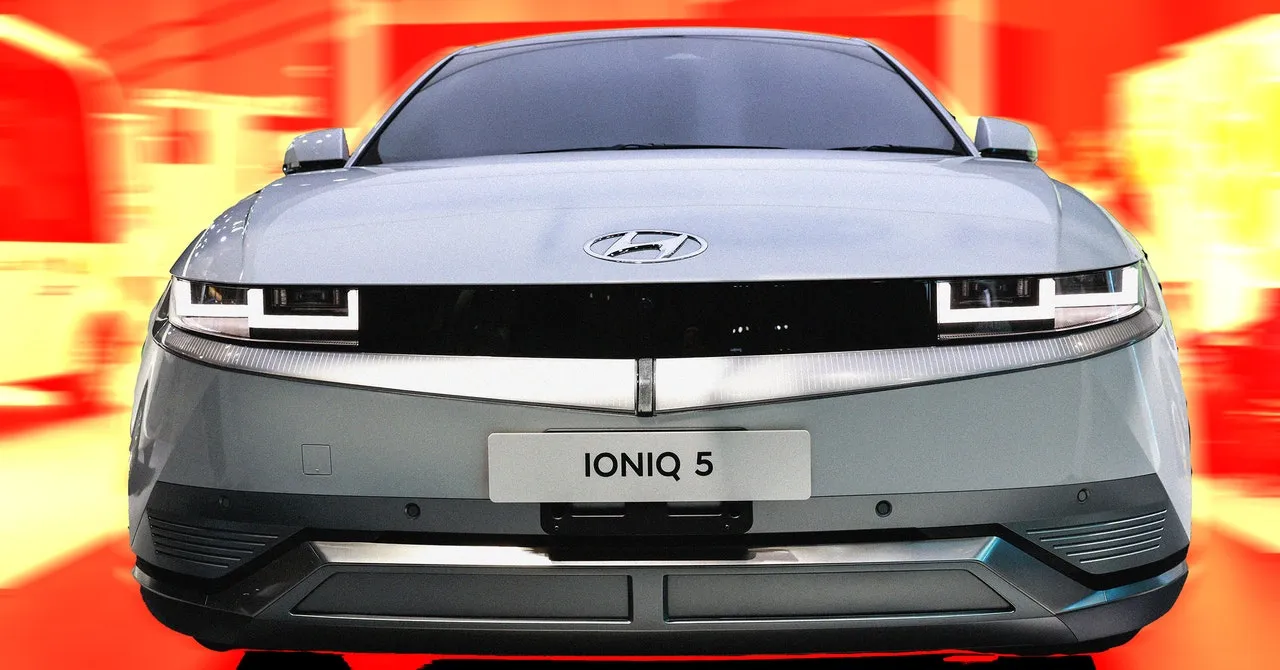Self-Driving Cars: Waymo Partners With Hyundai Amidst China's Rise in the Autonomous Vehicle Market

Self-Driving Cars and Global Dynamics
Waymo, a leader in autonomous vehicles, has struck a groundbreaking agreement with Hyundai to equip electric vehicles with self-driving technology. This latest collaboration has been framed as a pivotal step towards enhancing ride-hailing services with cutting-edge self-driving cars. However, rising concerns surrounding China’s growing dominance in automotive manufacturing and the complex regulatory landscapes pose intriguing questions for the future.
Collaboration With Giant Automakers
Waymo's fleet will include modified Ioniq 5s, marking a significant milestone in the application of autonomous systems in mainstream electric vehicles. According to Hyundai’s global COO, this partnership represents a first step in exploring various collaborative opportunities that could expand into passenger cars.
- Waymo's cooperation with Zeekr, a Chinese-owned manufacturer, continues to create waves in the industry.
- New tariffs on Chinese electric vehicles are part of a strategy to counterbalance global trade dynamics.
Regulatory Landscape and Security Concerns
Regulation is at the forefront of discussions, as new U.S. tariffs threaten to reshape the future of Chinese electric and autonomous vehicles. Critics argue that these measures are vital to preserving national security.
- The U.S. is proposing rules to restrict Chinese-made automotive technology.
- Waymo reassures clients that their autonomous technology remains under U.S. control.
As Waymo gears up for the expansion of its ride-hail services in cities like Austin and Atlanta, the partnership with Hyundai could redefine the boundaries of self-driving innovation. With regional regulations promoting a competitive landscape, the question remains: who will lead the charge in the future of autonomous vehicles?
This article was prepared using information from open sources in accordance with the principles of Ethical Policy. The editorial team is not responsible for absolute accuracy, as it relies on data from the sources referenced.